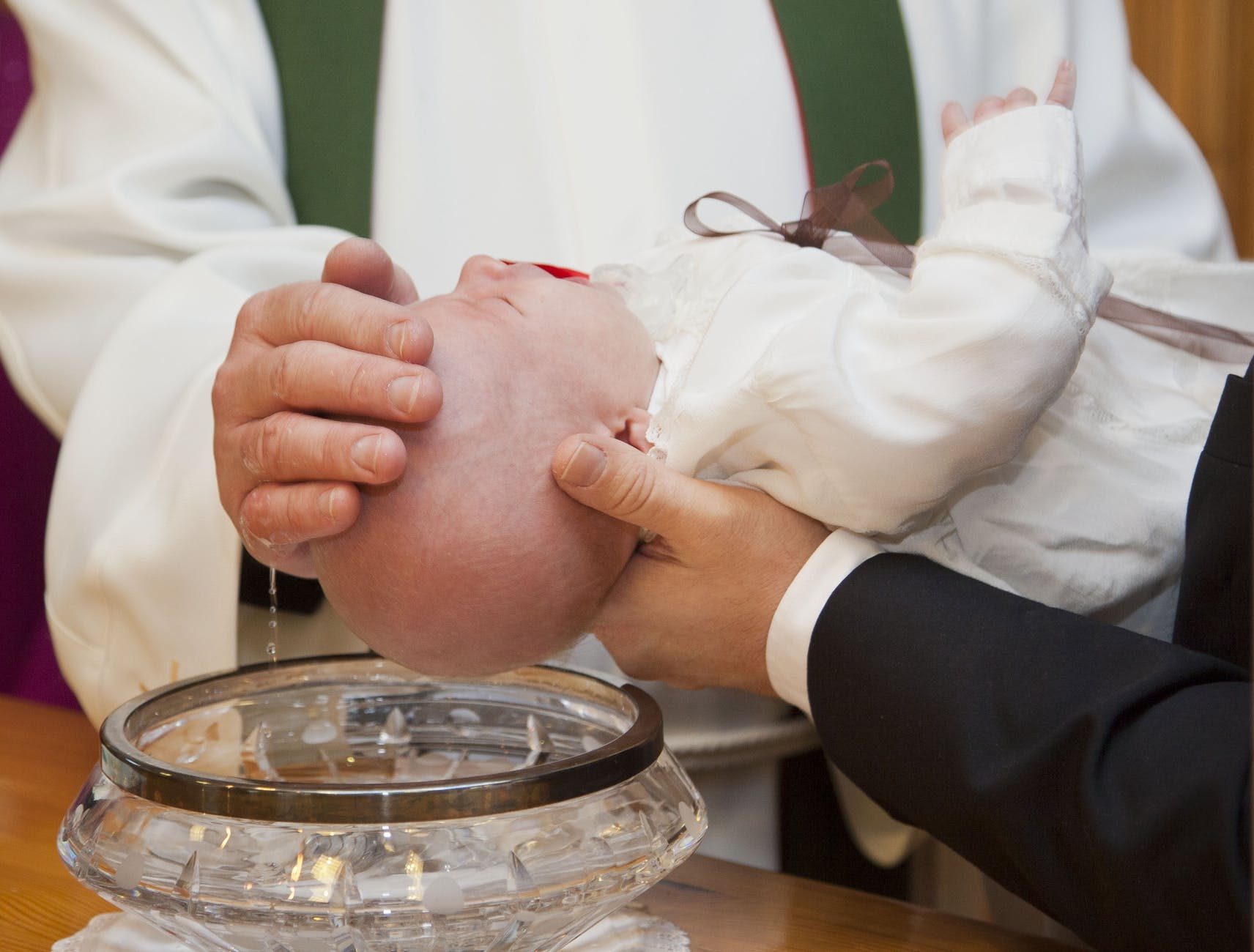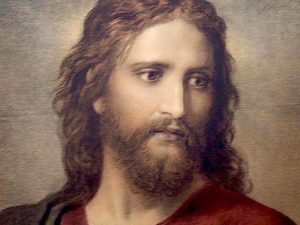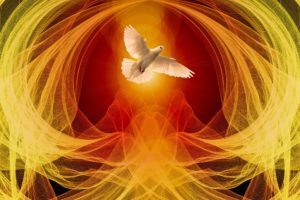Through Baptism we are freed from sin and reborn as children of God; we become members of Christ, are incorporated into the Church and made sharers in her mission.[1]
The First Sacrament of Initiation
Baptism is the first sacrament that is received and makes it possible to receive all other sacraments. Jesus Himself gave us this sacrament[2], as He gave us all seven sacraments. Through Baptism, we become members of the Body of Christ, which includes all of our baptized Christian brothers and sisters – fellow Catholics, Orthodox Christians, and Protestant (denominational and non-denominational) Christians.
The Waters of Baptism
When Catholics read Scripture, we read the entire Bible as one book. There are several times in the Old Testament in which we observe the prefiguring of Baptism. As Moses led the Israelites out of slavery in Egypt, they came to the Red Sea and could not cross it until Moses stretched out his hand and parted the waters. As the Egyptians crossed, the waters closed on them and drowned them (Ex 14: 21-30). Thus, through water were the Israelites given freedom from slavery and a new life, free to follow and worship The Lord. Baptism grants us freedom from slavery to sin by washing away original sin and personal sin and births us into a new life with Christ.[3]
When Joshua leads the Israelites across the Jordan River into the promised land which The Lord had given them (Josh 1:2-4), this symbolizes that the waters of Baptism lead us to the eternal life in Heaven that God has promised to those who follow Him.[4]
St. John the Baptist preached a repentance of sin to prepare people for the coming of The Lord. He baptized people in the Jordan River to symbolize this turning away from sin and turning toward God. Jesus, in coming to be baptized, elevates this act from a symbol to a sacrament. In every sacrament we encounter The Holy Trinity. This happens in Matthew 3:13-17: Jesus, the Holy Spirit descending like a dove, and the voice of God the Father. We encounter the Trinity Itself in the sacraments both physically and spiritually because God desires intimate union with us.[5] In Baptism both original sin[6] and personal sin are washed away and our souls return to the state of grace that existed before the fall of Adam and Eve. (Sins committed after Baptism can be washed away by the Sacrament of Reconciliation.)
The First Baptism in the Catholic Church
The Catholic Church was born on the first Pentecost when the Holy Spirit descended on the apostles and the Blessed Virgin Mary. From this very first day, Baptism has been administered.[7] In Acts 2:38, St. Peter tells the gathered crowd to repent and be baptized for the forgiveness of sins, and they will receive the gift of the Holy Spirit. The Catholic Church continues this mission today. For adults who wish to be baptized, they must complete instruction in several stages known as the Rite of Christian Initiation (RCIA). For infant Baptism, the parents take a sacred pledge to teach the faith to the child. This is a very serious obligation. This is necessary for the “flowering of baptismal grace.”[8] Sadly, some poorly catechized people do not understand that the Baptism of their children obligates them to live the faith and to pass on this faith onto them. They fail to understand that the priest is showing them mercy when he encourages them to return to their faith and then have their children baptized. For every Catholic who has been away from the sacraments and is seeking Baptism for their children, they are invited to the Sacrament of Reconciliation, the Sacrament of Marriage (one can have the marriage blessed in a simple ceremony with the priest and two witnesses), and the Sacrament of the Eucharist at weekly Mass. Participation in the life of the Church brings the graces parents need to catechize their children.
[1] Catechism of the Catholic Church, Liguori Publications, 1994. Paragraph # 1213.
[2] Ibid., # 1114.
[3] Ibid., #1221.
[4] Ibid., #1222.
[5] Ibid., #1097.
[6] Ibid., #388-#395
[7] Ibid., #1226.
[8] Ibid., #1231.





